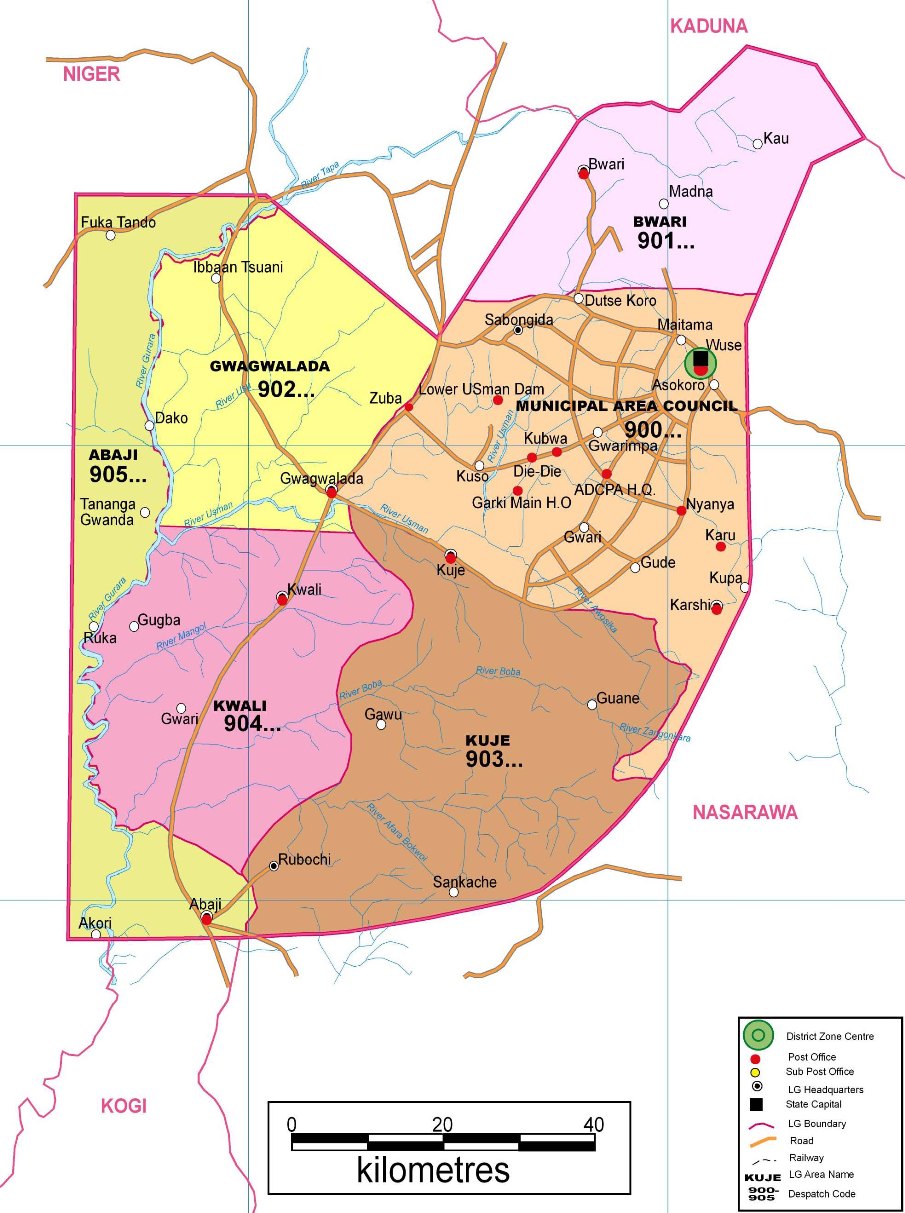

In terms of land area, the state ranked #4, and in terms of population, it ranked #3. Kaduna lies in northern Nigeria, between latitudes 10☃8′58′′ N and 10☂5′36′′ N, and between longitudes 7☂2′14′′ E and 7☃2′00′′ E of the Greenwich Meridian. It shares borders with seven other states. Katsina State was formed from the northern portion in 1987. Also present in considerable quantities is clay. Typical of the Sudan Savannah biome, the vegetation consists of sparsely distributed small trees, shrubs, and grasses. The state can be found in the northern high plains of Nigeria. The 2002 Miss World riots in the state capital over suspected blasphemy resulted in over 250 deaths and the displacement of around 30,000 people in Kaduna State, a state that has a history of severe ethnic and religious conflict. Hides and skins from livestock such as cattle, chickens, guinea fowl, and sheep are tanned and exported.Īs the Kaduna River was once home to a sizable population of crocodiles, its name is widely thought to be a corruption of the Hausa word kada, meaning "crocodile." Agriculture, especially the cultivation of cotton and groundnuts, is vital to the state's economy. Millet and sorghum are commonly consumed grains. Cigarettes are manufactured in the Zaria area, making tobacco an important revenue crop. Shea nuts, ginger, peppers, vegetables grown in the riverine floodplains, brown sugar manufactured locally from sugarcane, onions, and soybeans are also other income crops. The cotton and groundnuts (peanuts) grown in Kaduna state are shipped around the world. The mining of tin and tantalite continues in the area of Kafanchan, on the western fringe of the Jos Plateau. In addition, traditional crafts such as cotton weaving and dying (using locally grown indigo), leather processing, raffia weaving, and ceramic design (particularly among the Gbari) continue to hold significant economic value. Zaria is an additional industrial hub that works with tobacco and cotton seed while also producing textiles, bicycles, and printed materials. Lines from Lagos and Port Harcourt (south) serve Kaduna and Zaria, and the two cities also have connections to Kaura Namoda, Jos, and Nguru (north and east).Ĭomprising a huge oil refinery and other industrial facilities. The town is also home to the National Museum (1975), which features archaeological and ethnographic displays. Kaduna is home to many educational institutions and medical centers for treating eye disorders and sleeping sickness (trypanosomiasis). The mining of tin and tantalite continues in the area of Kafanchan, on the western fringe of the Jos Plateau.Īmong the several institutions in Zaria are the Ahmadu Bello University (1962) and centers for agriculture, livestock, and education. The state capital of Kaduna also houses a significant oil refinery and is Nigeria's largest center for the production of textiles. The majority of the state's population consists of Muslim Hausa and Fulani peoples however, there are roughly 30 additional ethnic groups in the south that are not Muslim, with the Gbari being the largest (Gwari). Many walled towns can still be found in the Zaria area, evidence of the widespread devastation caused by Hausa and Fulani slave invasions from the north. Savanna forests make up the bulk of the state's native flora. If you head southwest from Abuja, you'll reach Kaduna stateĪpproximately in the middle of the state is where the Kaduna River (a tributary of the Niger) runs. To the north, Kaduna is surrounded by Zamfara, Katsina, and Kano to the east, it is next to Bauchi and Plateau to the south, it is adjacent to Nassawara and to the west, it is surrounded by Niger. When the northern portion of Kaduna became Katsina state in 1987, Kaduna's size was drastically decreased. Zaria, a historic emirate, and Jemaa city are both within its borders. Kaduna State, the country's fourth-largest and third-most populous state, is also known as the Centre of Learning since it is home to several prestigious educational institutions including Ahmadu Bello University. Its current borders were established in 1987. Kaduna State was originally established in 1967 as North-Central State, which also included the current Katsina State. Kaduna, the namesake city of the state, is the eighth largest city in Nigeria and the capital of Kaduna State. Located in northern Nigeria lies the state of Kaduna.


 0 kommentar(er)
0 kommentar(er)
